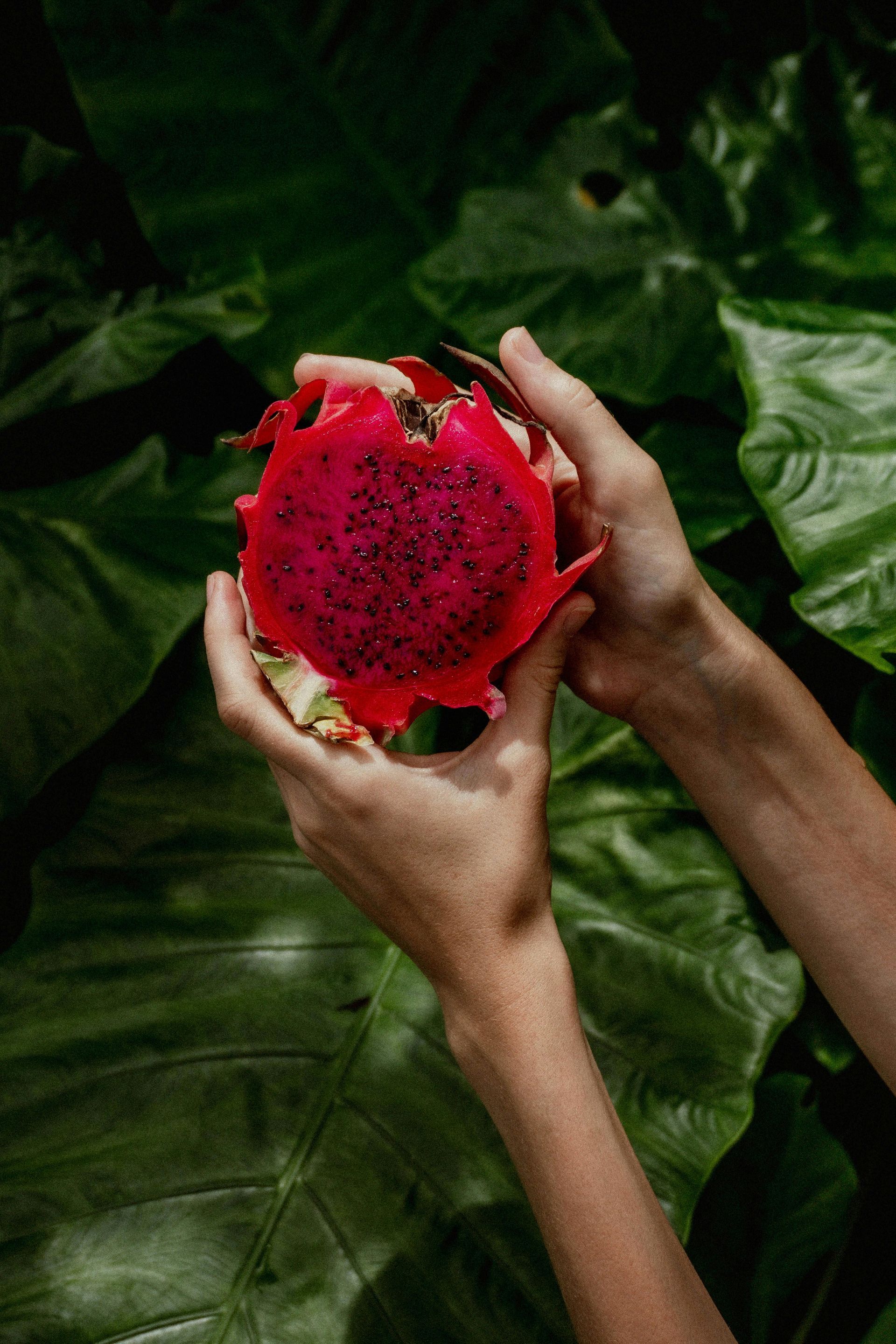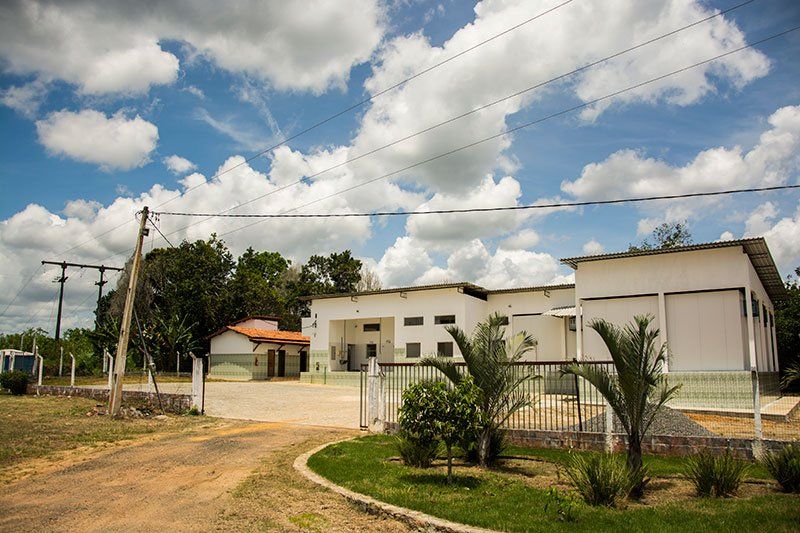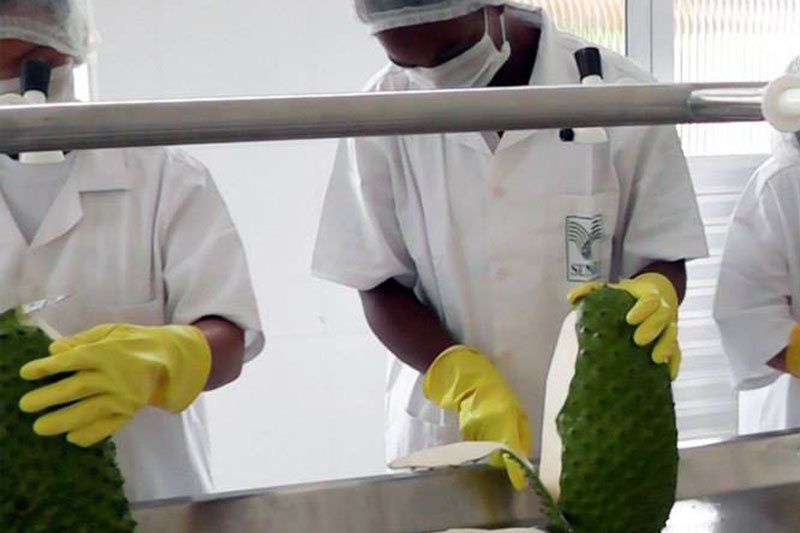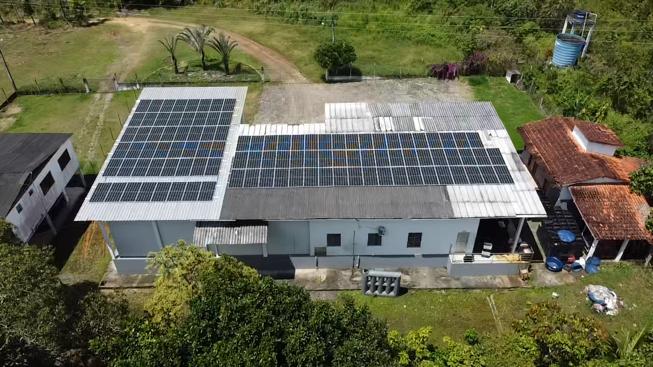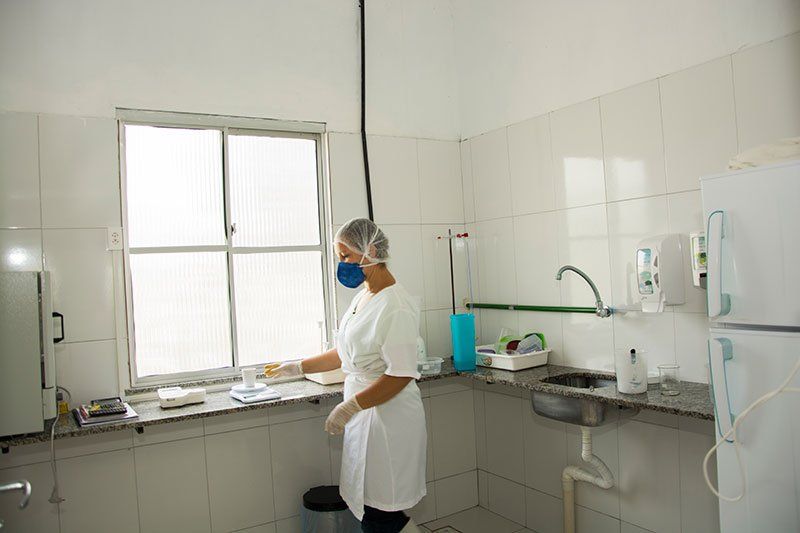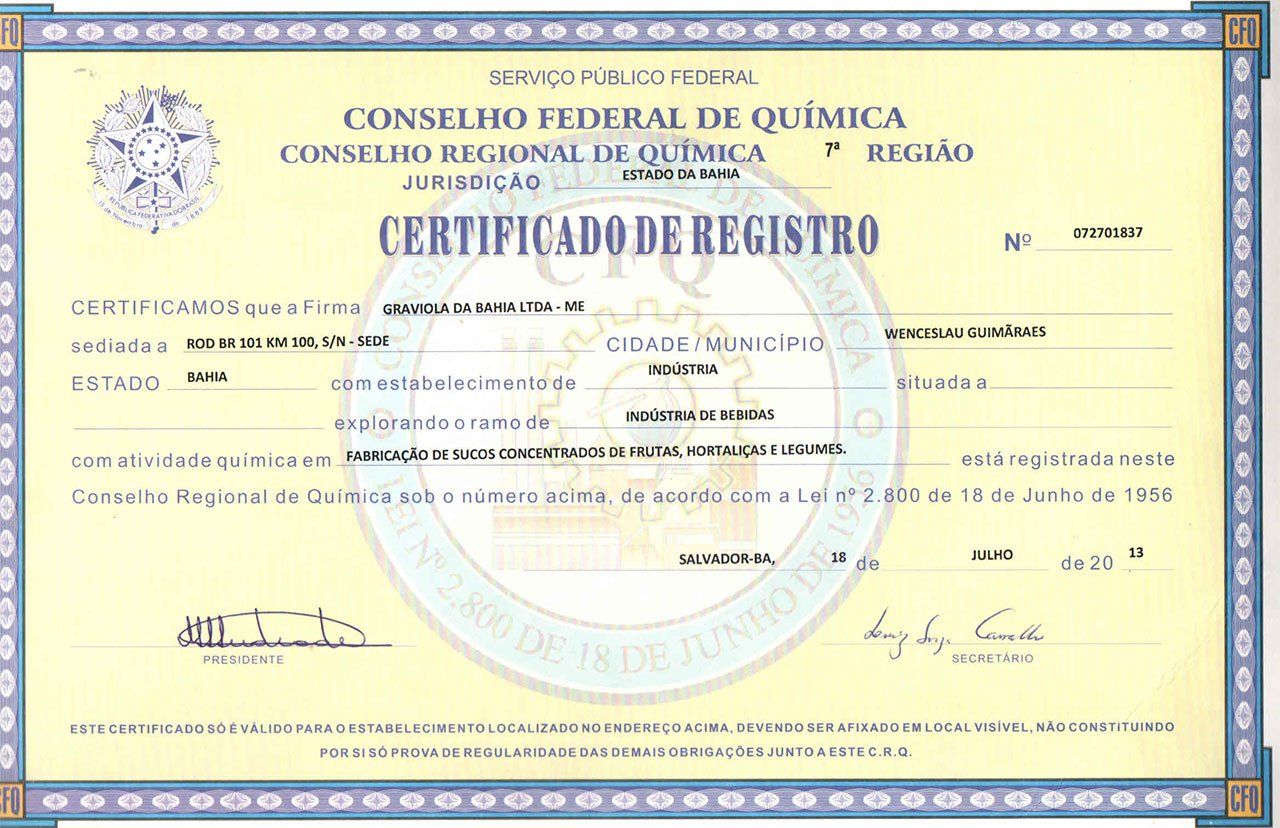About Pitaya
Ceara - Brazil
🌵 Pitaya: Origin, Benefits and Applications of the Exotic Fruit that is Conquering the Industry
Pitaya, also known as dragon fruit, is the fruit of several species of cacti of the Hylocereus and Selenicereus genera, native to Central America and widely cultivated in tropical and subtropical regions. With juicy pulp and mild flavor, the fruit stands out for both its nutritional value and industrial versatility.
🌿 Nutritional Characteristics of Pitaya
Pitaya is considered a superfood, rich in bioactive compounds and essential nutrients:
- Rich in vitamin C: strengthens the immune system
- Source of soluble and insoluble fiber: helps with intestinal transit
- Natural antioxidants (betalains and flavonoids): fight free radicals
- Low calorie
- Source of magnesium, calcium and iron
These properties make pitaya pulp ideal for products aimed at fitness, vegan and functional audiences.
🌿 Ceara Pitaya Harvest
The pitaya harvest in Limoeiro do Norte, the main producing region in Ceará, occurs in two distinct periods throughout the year. The main harvest is concentrated between the months of January and March, when most of the harvest takes place, with fruits at an excellent stage of ripeness and high productivity. Between August and December, the off-season harvest takes place, which corresponds to approximately 30% to 40% of the annual production, and is strategic for maintaining continuous supply during periods of lower supply in the national market.
In addition to Limoeiro do Norte, pitaya production in Ceará has been expanding, especially in 23 other municipalities spread across different regions of the state. These include Acaraú, Marco, Ibiapina, São Benedito, Ubajara, Viçosa do Ceará, Pacujá, Ipu, Reriutaba, Palmácia, Beberibe, Cascavel, Aquiraz, Maranguape, Ibicuitinga, Jaguaruana, Morada Nova, Quixeré, Russas, Pereiro, Campos Sales and Altaneira. This territorial distribution favors the diversification of supply, generates income in the countryside and consolidates Ceará as one of the largest pitaya producers in Brazil.
We produce our frozen pitaya pulp from fruits harvested at the ideal point of ripeness, ensuring standardization, food safety and preservation of nutrients.
🏭 Industrial Applications of Frozen Pitaya
Frozen pitaya pulp offers several possibilities for the food and cosmetics industry:
Main uses in the food industry:
- Ice cream and popsicles
- Yogurts and smoothies
- Functional juices
- Energy and natural drinks
- Vegan and healthy products
- Premium sweets and jellies
Cosmetic applications:
- Facial masks with antioxidant action
- Soaps and creams with natural extracts
Its vibrant color (naturally pink or white) is highly valued as an alternative to artificial colors, in addition to the “clean label” appeal for healthy products.
If you are looking for a reliable supplier of frozen pitaya pulp for industry, talk to our team. We have the capacity to serve on a small and large scale, with quality standards, traceability and certifications.
📞 Get in touch and request a personalized quote.
✅ Certifications and Credibility
Graviola da Bahia has certifications that attest to the quality and safety of its products:
- MAPA (Ministry of Agriculture, Livestock and Supply): Registration of products and processes, ensuring compliance with Brazilian standards.
- Health Surveillance: Health permit that ensures good manufacturing practices and food safety.
- Regional Chemistry Council (CRQ): Certification that validates the chemical processes and analyses carried out by the company.
🌱 Commitment to Sustainability
The company adopts sustainable practices in its operations:
- Use of Solar Energy: Photovoltaic system with 104 modules, generating a monthly average of 5,200 kWh.
- Waste Management: Composting of organic waste and effluent treatment.
- Ecological Construction: Installations with recycled tiles and use of rainwater.
🌍 National and International Market
Graviola da Bahia supplies Pitaya pulp in various formats and volumes, serving industries in Brazil and abroad. Our main markets include countries such as Canada, Germany, the Netherlands and France, with special emphasis on European recognition.
Available Formats and Packaging
- 180 kg drums
- 20 kg bars
- 1,000-liter IBC containers
Graviola da Bahia is the ideal partner for industries seeking quality, innovation and sustainability in the use of natural ingredients with high added value. Whether in the food, pharmaceutical, cosmetic or agro-industrial sectors, we offer reliable solutions for an increasingly conscious and demanding market.
Frequently Asked Questions about Pitaya
Hello! Do you have any questions about our company? Contact us!
Pitaya for Industry
Direct from Ceará and processed in the South of Bahia for the Food Industry. Graviola da Bahia is a company specialized in supplying 100% pure fruit pulp, without additives or preservatives, for the food industry in Brazil and abroad.
Located in Wenceslau Guimarães, in the Baixo Sul region of Bahia, the company stands out for the quality of its products and its commitment to sustainability and social responsibility.



